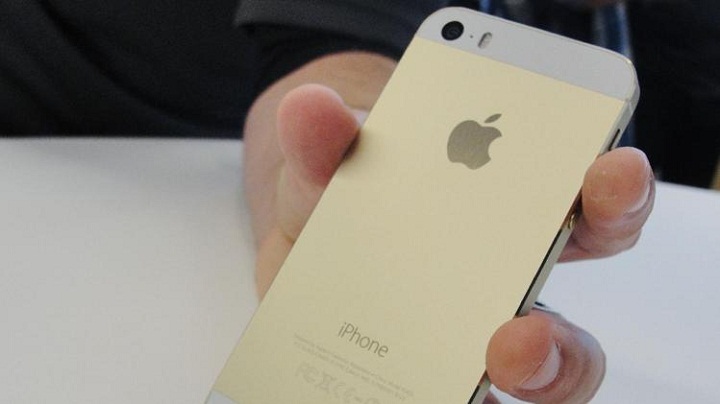
Some grandparents are more down with the latest tech than others – they are using smartphones, have their own social profiles and know how to Skype. But does it depend on what country that where they live as to whether they more confident with technology? Working with Acorn Stairlifts, retailers of disabled stairlifts, we investigate the latest figures:
Internet Usage
Let’s face it, for many of us, the internet is hard to live without. You probably use it for everyday lives, keeping up to date with the news, check the weather forecast or use it hourly at work. But, is the older generation as reliant on the World Wide Web?
Research has shown that 41% of adults aged 75 and over, had recently used the internet when they were asked in 2017. This illustrates a 20% increase since 2011, showing how widespread the internet has become over the past seven years.
Comparing to US, 64% of the older generation over 65s were internet users in 2016. There was also a 46.4% growth reported in US internet users over the age of 55 from 2014 to 2017, with around half of American seniors say that they now have high-speed internet at home. This is a 4% increase on 2013.
Still, there are only 44% of those aged 80 and over, that said that they used the internet, and just 28% said that had a home broadband service.
In Germany, only 29.6% of those aged 50 and over, said that they use mobile internet, and in France, 48% if people ages 70 were internet users in 2016. . Compare this to the 100% of internet users who were aged 12-17 and it’s clear to see the generation gap when it comes to getting online. In Belgium, 35% of the population that were aged between 65 and 74 admitted that they had never used the internet at all.
What about the older population in Canada? Currently, there are more over 65s than under 14s, and experts forecast that in 2019, 53.4% of over 65s will be internet users. And, in the technological hub of Japan, 44.3% of over 80s who accessed the internet said that they did so at least once a day, along with 48% of those aged 70-79.
Banking
Internet banking, is another technological advancement, that the younger generation has welcomes to help them with quick payments in restaurants and stores. With one simple tap of the debit card, something can be paid for instantaneously.
Barclaycard said that 20% of UK contactless users are 65 and over – indicating that they are welcoming the new system. More people are jumping on board too, 55% of over 65s have used the tap to pay service, up 3% from 2016. Saga supported this research too, saying that one in five over 50s use their contactless cards up to three times per week.
Staying Connected
For many of the younger generation, the internet is the main way they socialise and stay connected with the rest of the world. Through Twitter and Facebook, people can read instantaneous news from their local area and worldwide. And, with downloadable apps, smartphone users can receive notifications of the latest headlines. Is the older generation accessing news in the same way?
21% of the UK over 50s said that they get their daily news from social networks. This could mean logging onto Facebook to see what the latest status’ are or checking what’s trending on Twitter. In the US, this number rose to 26% with 70% of older Facebook users saying that they log in to the site daily. In fact, there has been a reported change in the demographics of Facebook users — with the number of 12-17-year-olds who use the site declining by 9.9% in 2017.
Comparing with figures the rest of Europe, only 9% of those over 50 in Germany, said that they get their daily news from social networks and 34% said that they get their daily news from the internet. In France and Italy, 13% of the mature generation stated that they went to social media sites for their news.
The figures were relatively high in Canada – with 25% of over 50s heading over to social networking sites to find out the latest headlines.
So, we’ve learned that the technological habits of the mature generation changes from country-to-country. Eventually, it’s likely that the majority of the older population will understand the benefits of technology and come to accept it as a way of life. In the meantime, younger people should be educating their elders on how to use the devices and how it could enhance their daily activities.










![Watch Video Now on xiaohongshu.com [以色列Elevatione perfectio X美容仪 perfectio X 全新仪器黑科技了解下]](https://www.techburgeon.com/wp-content/uploads/2019/07/perfectiox-singapore-150x150.jpg)
